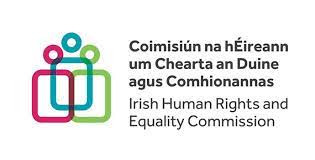‘Persistently low’ State investment is holding back progress on ESC rights, UN body finds

The Irish Human Rights and Equality Commission has welcomed the recommendations of a United Nations Committee.
In its Concluding Observations, the UN Committee on Economic, Social and Cultural Rights raised its concerns across several key areas in which Ireland is falling short of its human rights obligations, and where little progress has been made over the last decade.
Notable amongst these are the observations that the budget for protecting economic, social and cultural rights is “persistently low”, that growing income disparities are a cause for concern, and that there are high rates of poverty among certain parts of the population.
The Committee also raised concerns about the inadequacy of social security benefits, as well as the insufficiency of the minimum wage to ensure a decent living for workers and their families. It called on the State to index the national minimum wage and social security benefits to the cost of living.
This echoes the recommendations in the Commission’s report to the Committee, where it called for indexation as a matter of priority and raised concerns about the inadequacy of the State’s living wage calculations in the context of high inflation.
The UN Committee has identified three priority recommendations that require urgent action: indexing minimum wages to the cost of living, establishing rules requiring businesses to carry out mandatory human rights due diligence reporting and undertaking an independent assessment of the impacts of Irish tax policy on developing countries. Under this follow-up procedure, Ireland is required to report back to the Committee by 31 March 2026 about the progress achieved in these areas, and the Commission will continue to exercise its monitoring role to hold the State to account.
Noeline Blackwell, Irish Human Rights and Equality Commission Member, said: “The breadth of concern raised by the Committee in its review of Ireland reflects just how far the State has to go if it is to fulfil the obligations it signed up to in ICESCR.
What is clear is that economic growth alone is not the solution to the issues raised, and that if we are to see real progress in Ireland on ESC rights, the State needs to act with vision, ambition and commitment.
The State needs to use all the tools at its disposal, from legislation, policy, and funding, to strategic and structural reform, while ensuring rigorous implementation, particularly if the most marginalised and disadvantaged members of society are to see meaningful change to their lives.”






